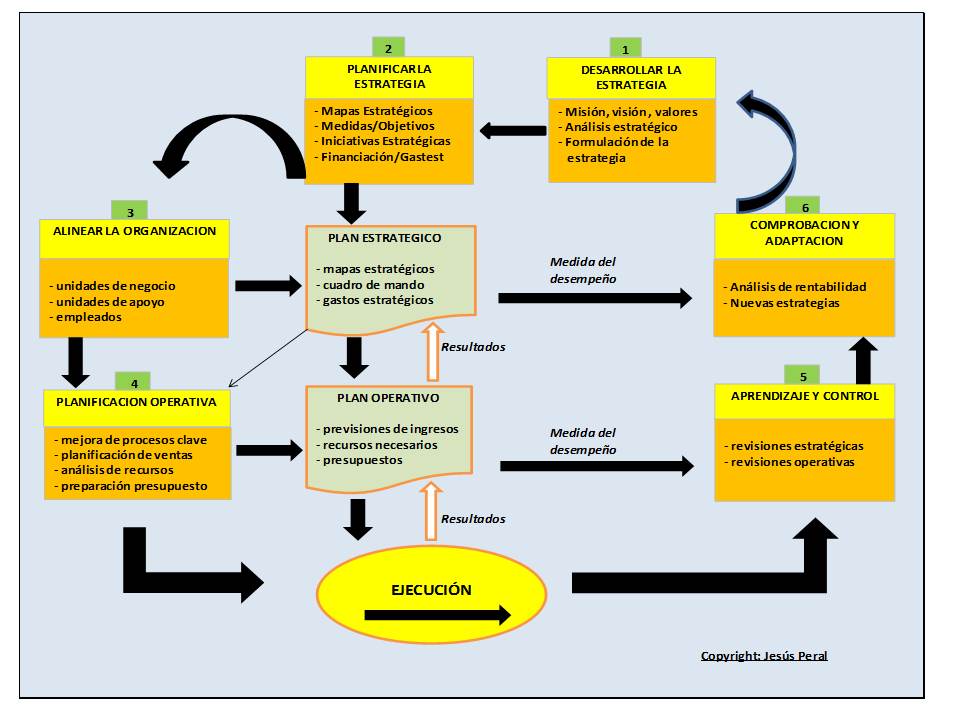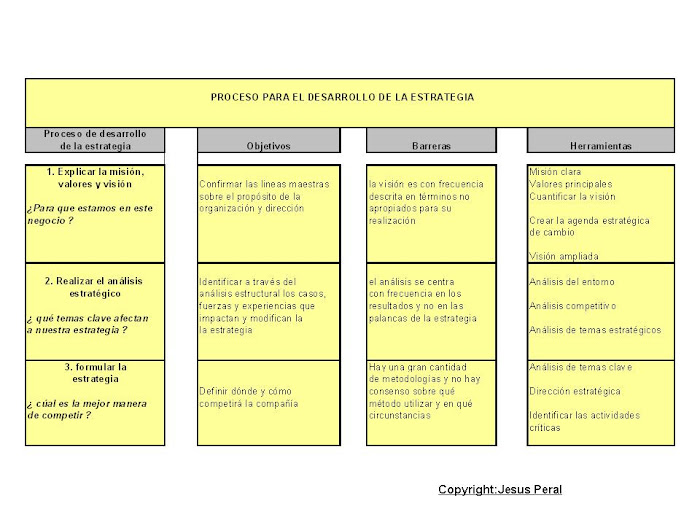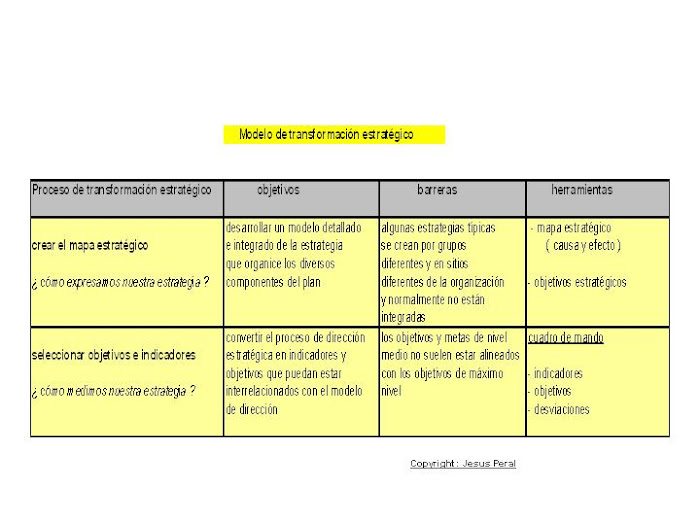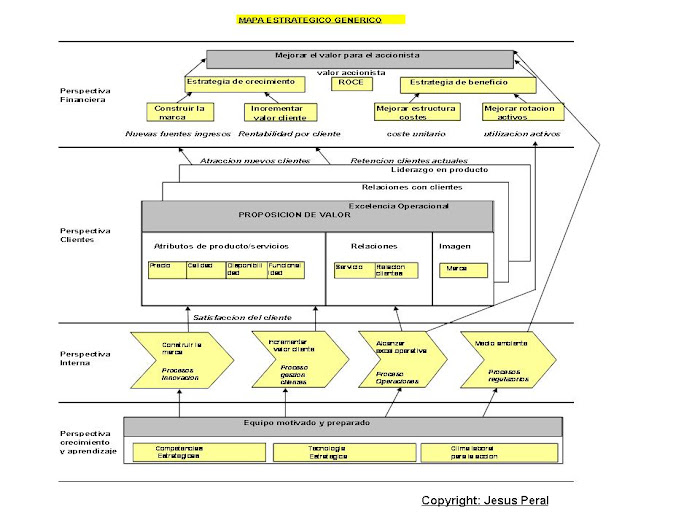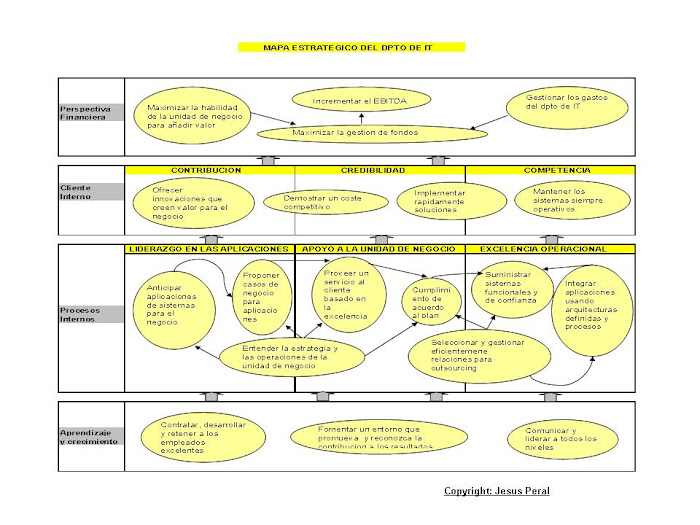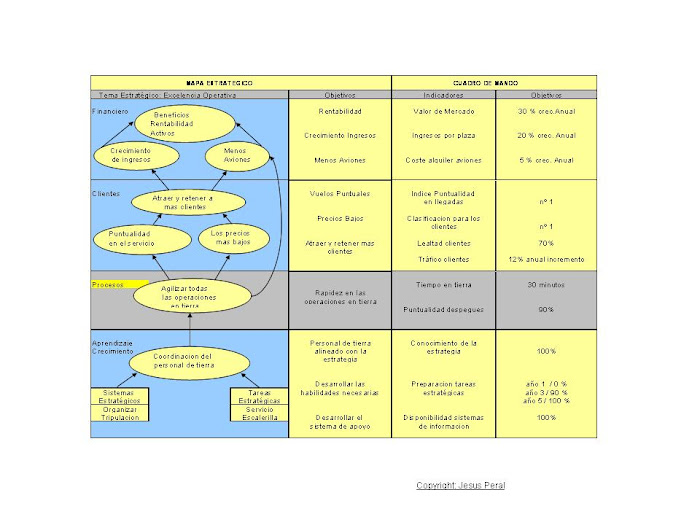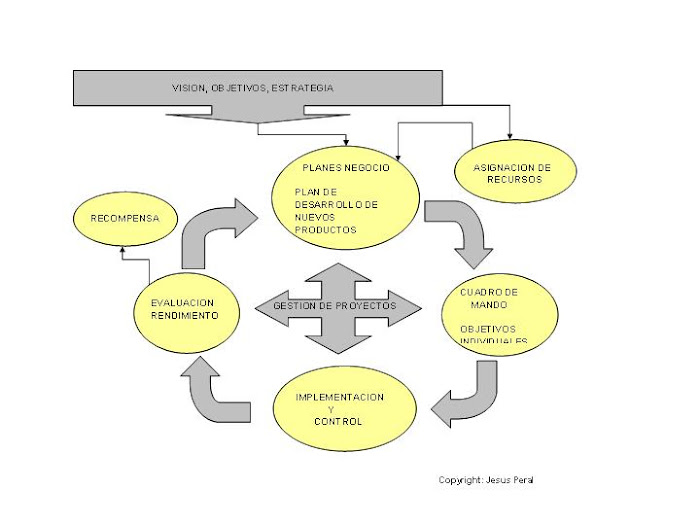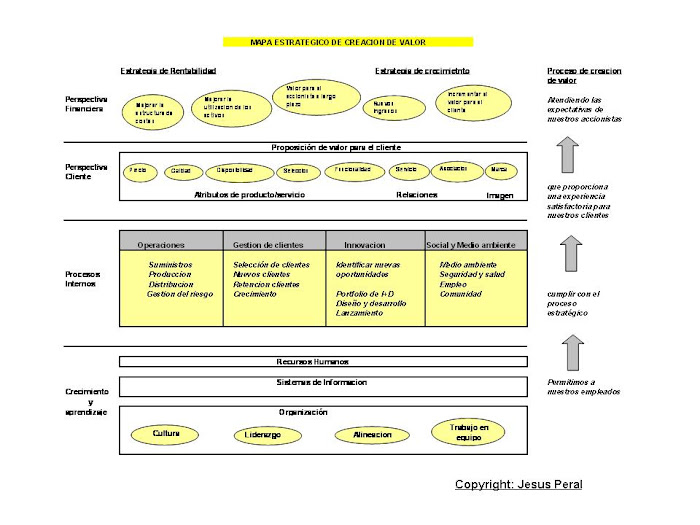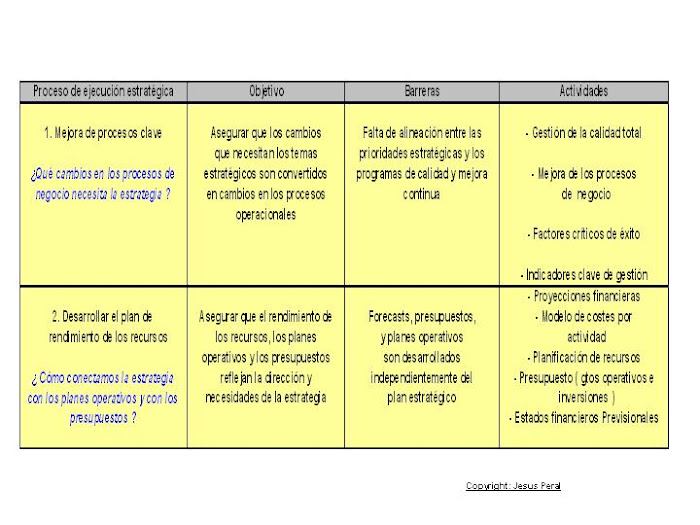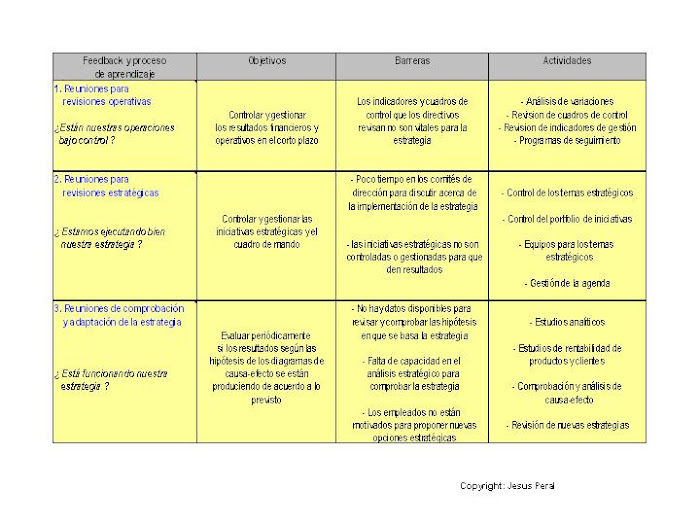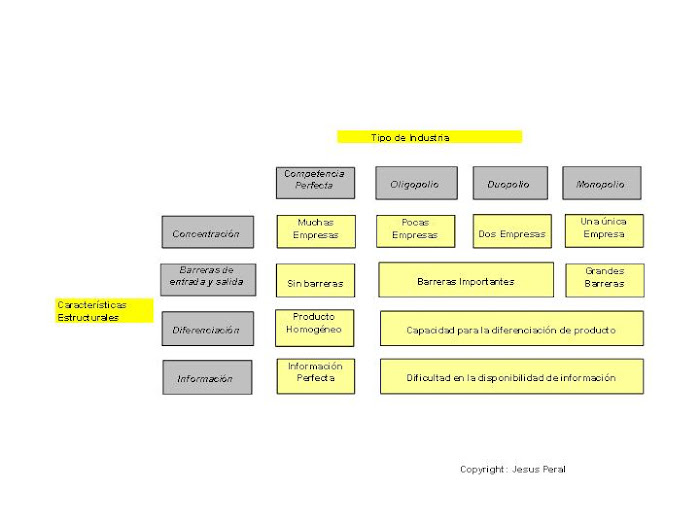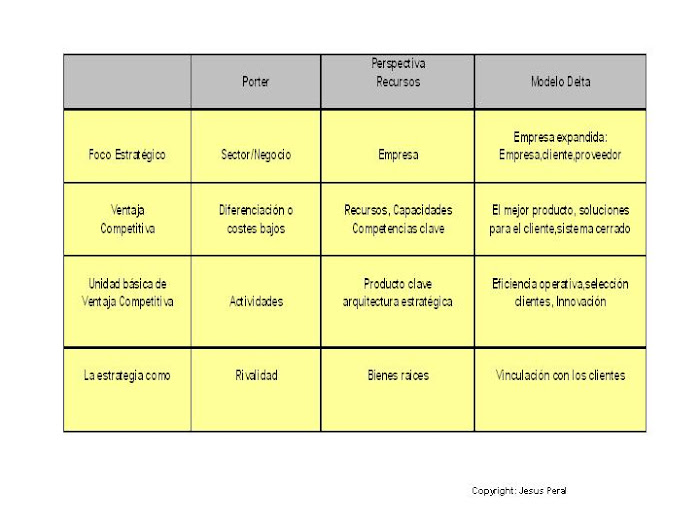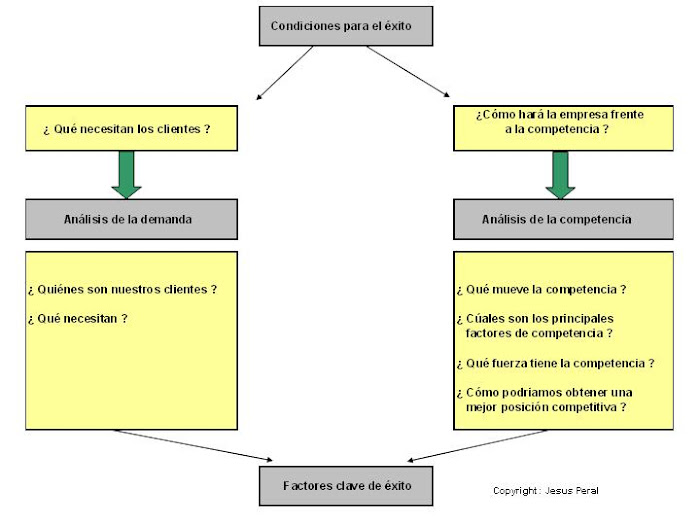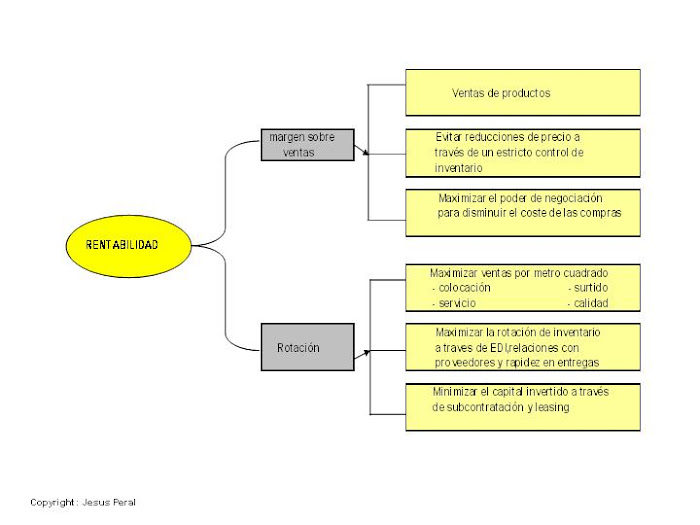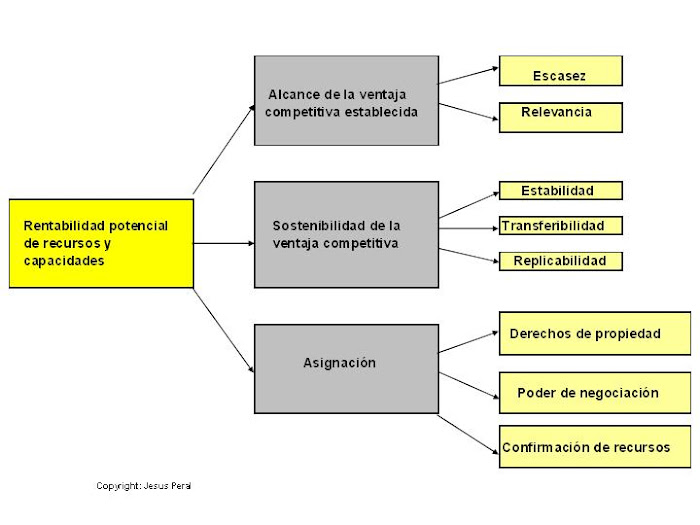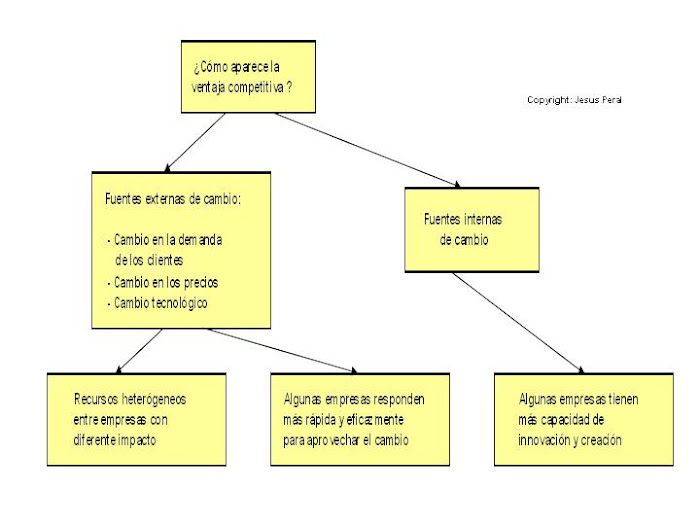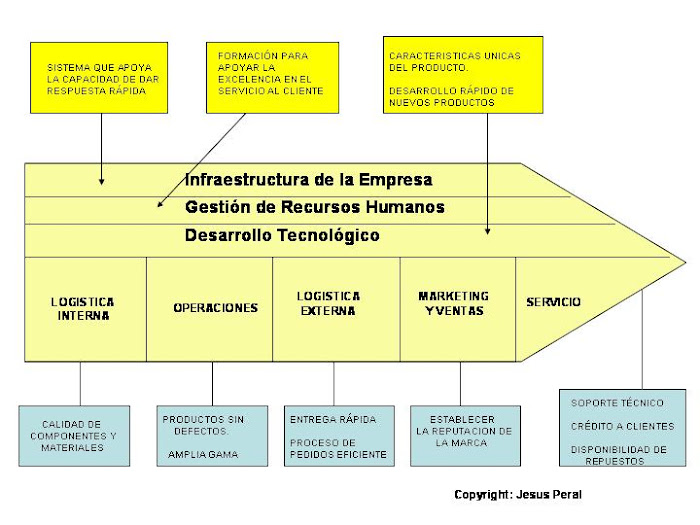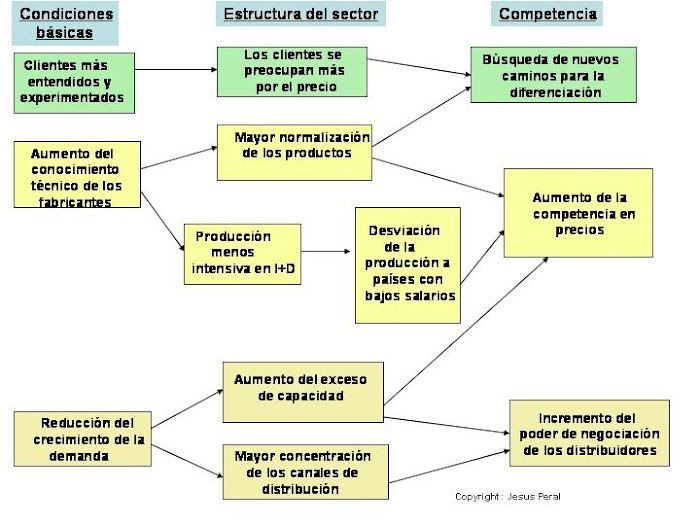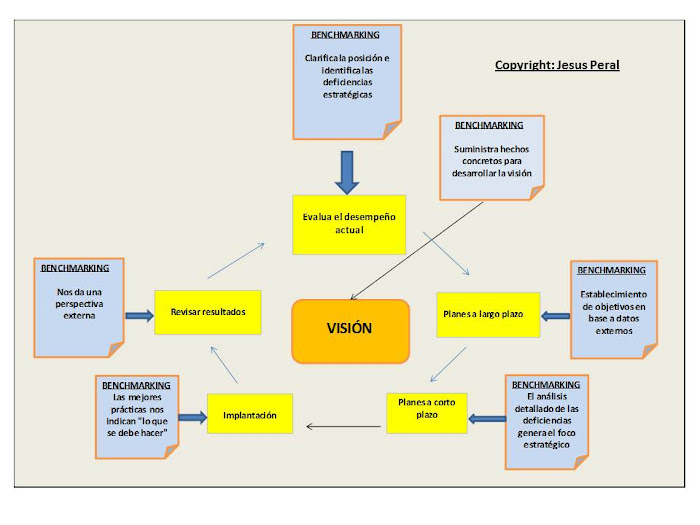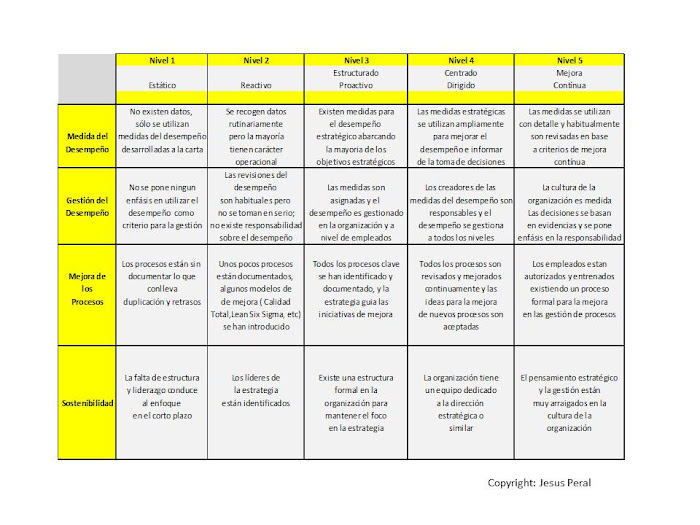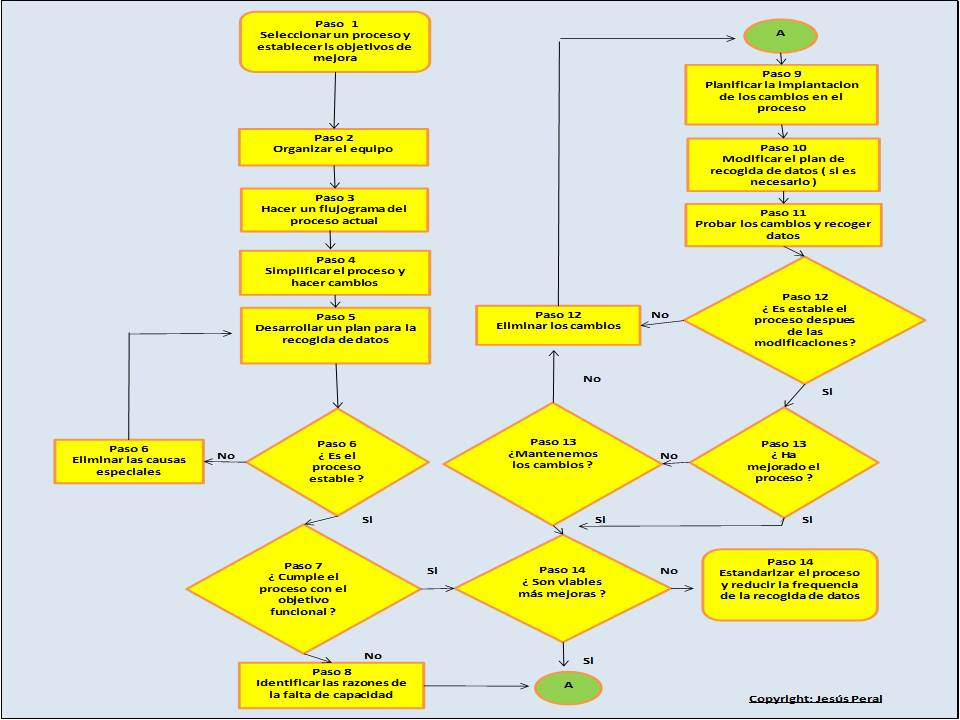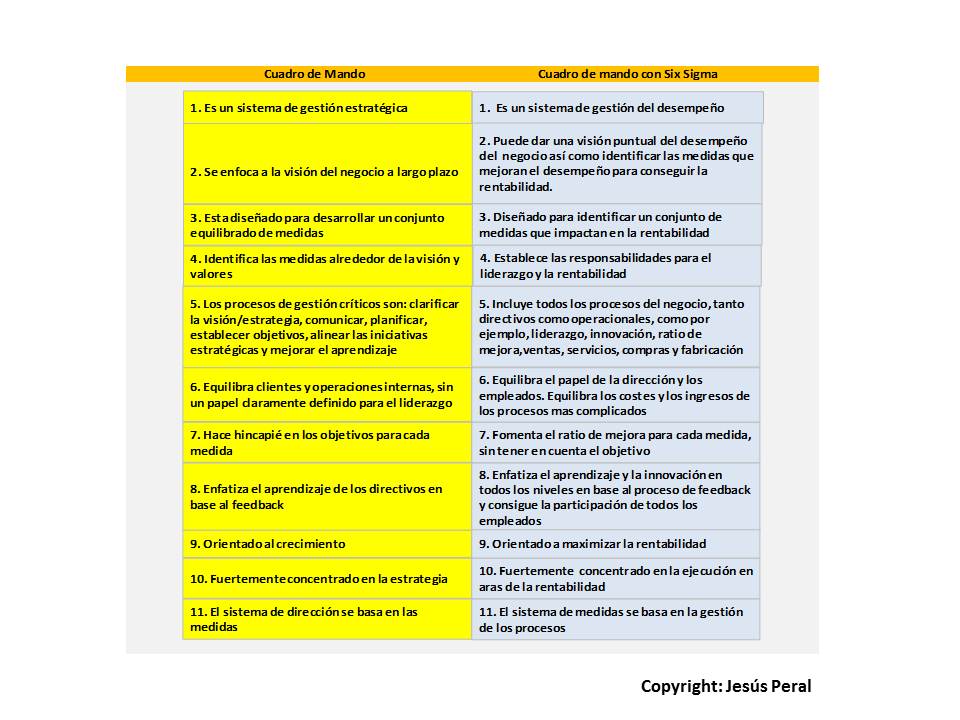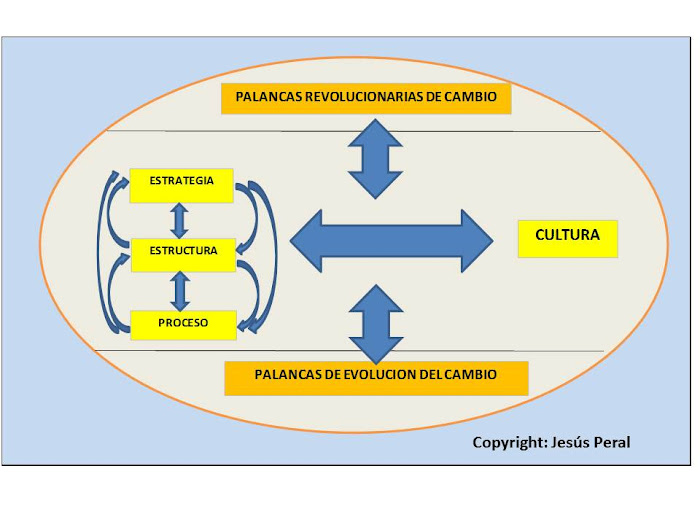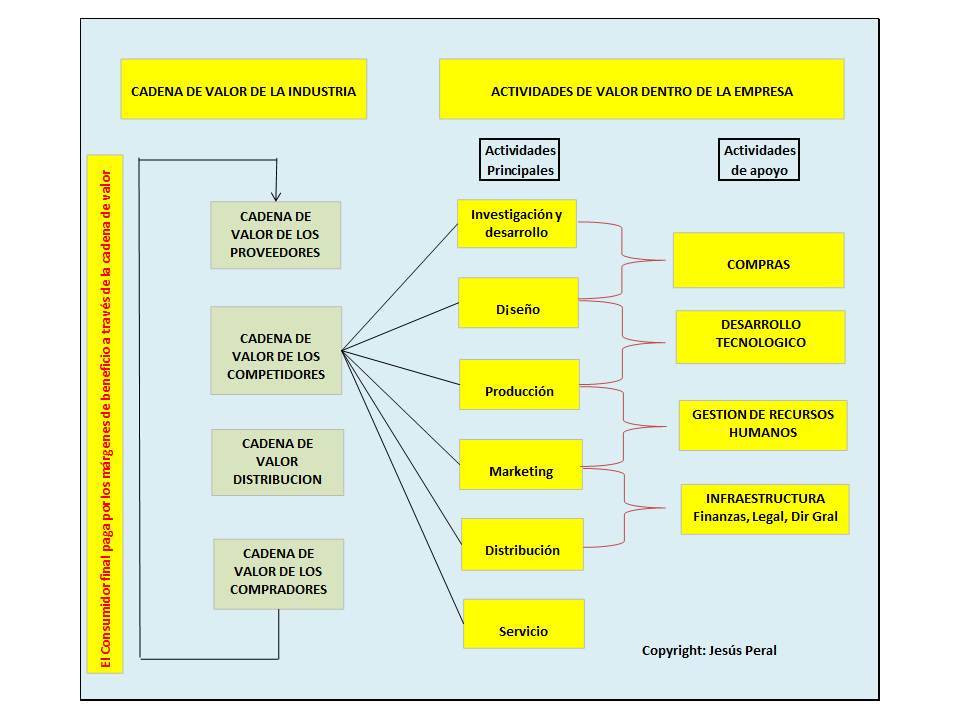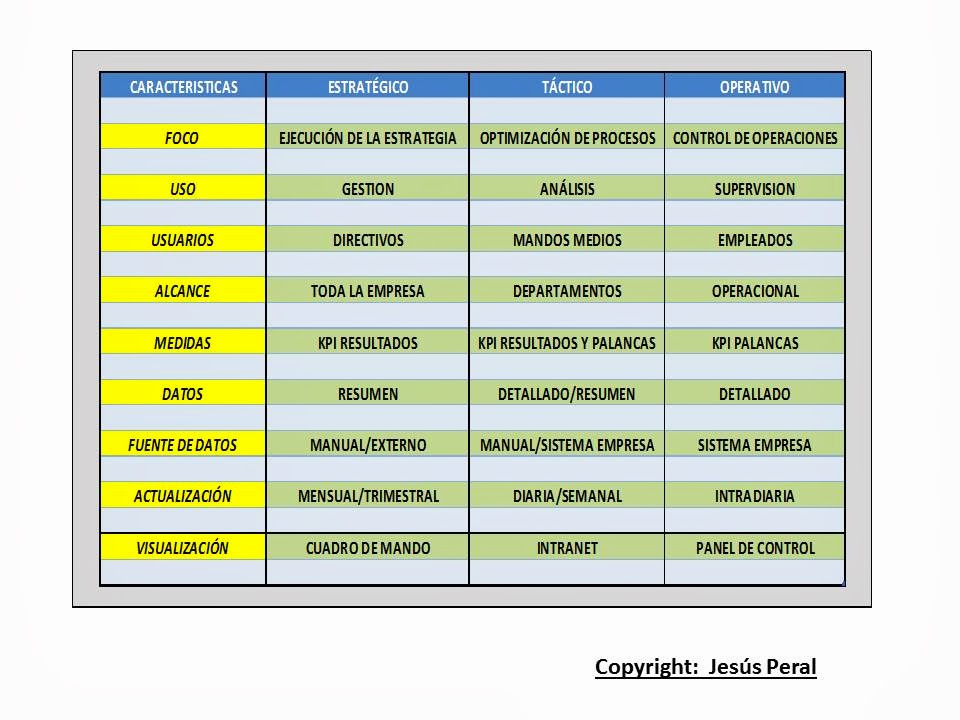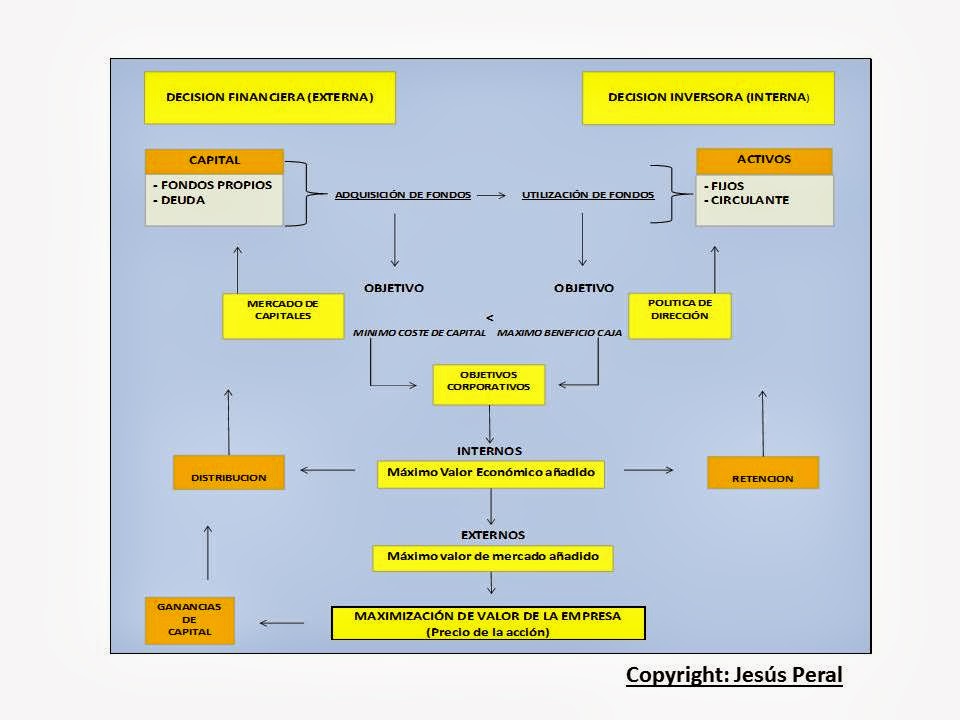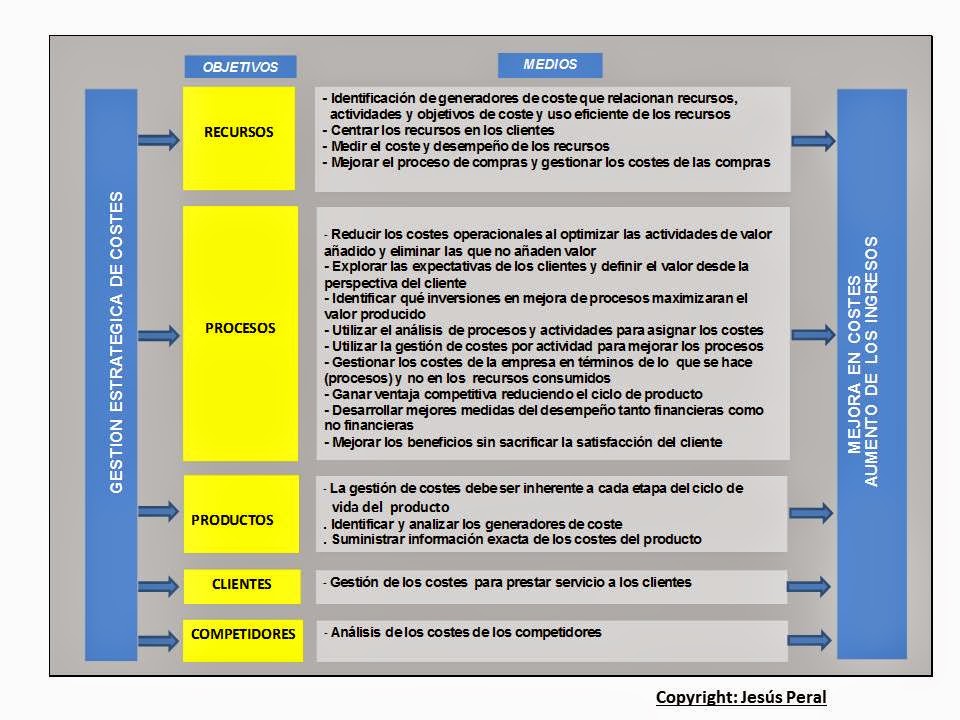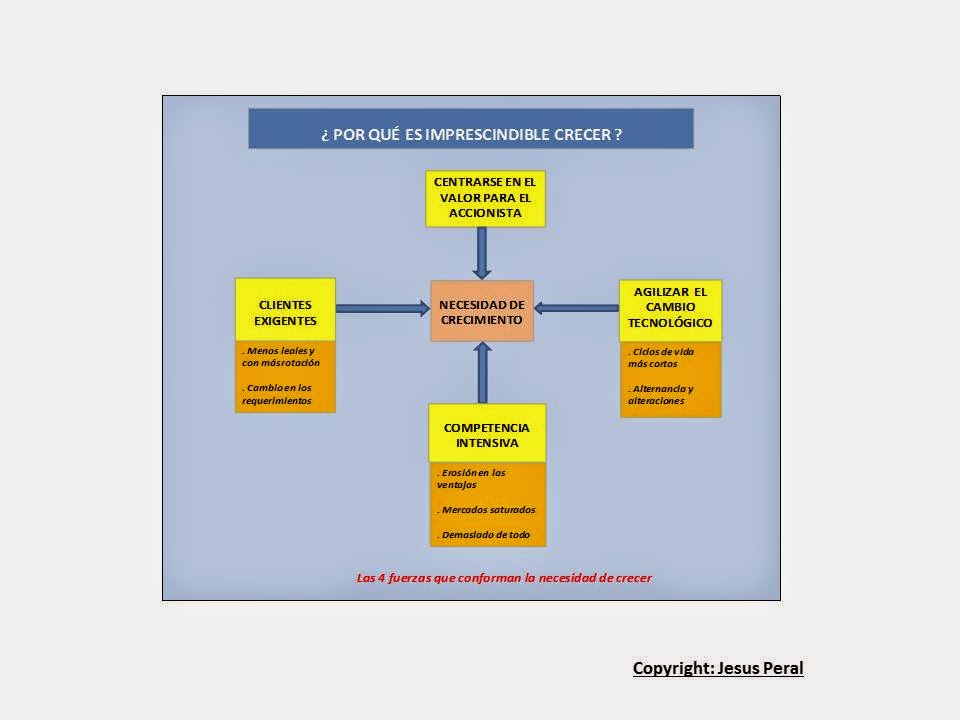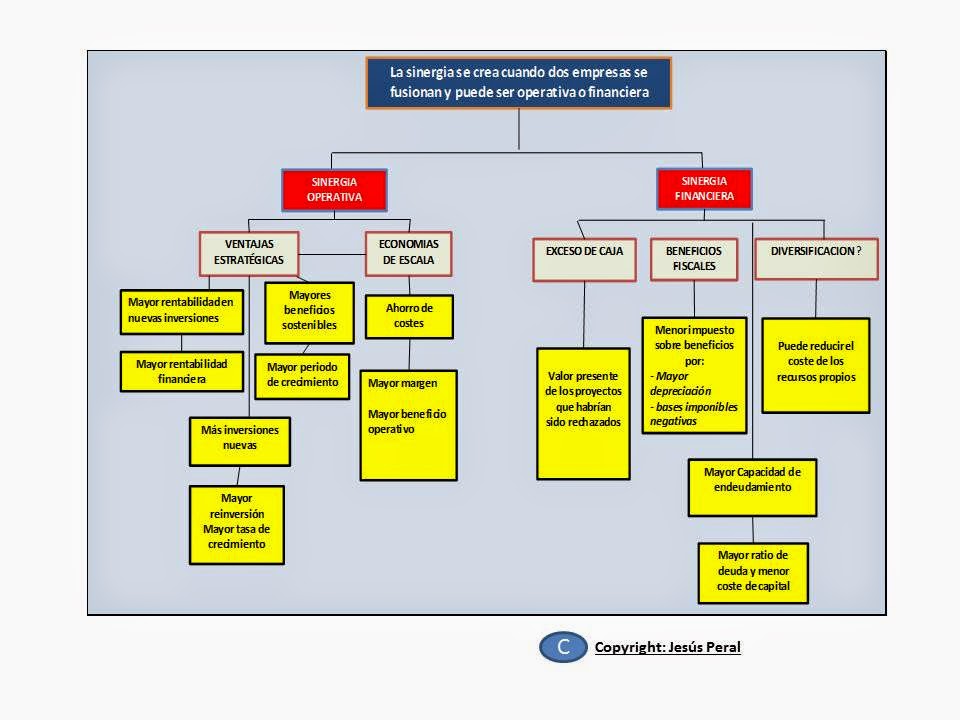The best leader is the one who adopts the management
style most suitable for each situation, each context, each person or group and
for each organization.
From the beginning of my career and through all
different roles I held in different organizations one of my priorities has always
been to develop the best management style. I read a lot about the subject and I
also learned a lot from all the people I had the opportunity to work with at
all levels: senior management, team members and peers.
However the examples were really different and there
was no pattern showing me the critical success factor as a leader.
I have seen different styles, from democratic to
authoritarian in the beginning to directive, supportive, participative and
goals-oriented in the last 10 years.
I have also seen that in the last years new management
styles have emerged such as charismatic, transformational etc.
Leadership is really an endless source of study and
analysis due to the important role played in the organization performance and
in the achievement of the goals and results.
Assuming no person is identical, having different
needs and motivations, that teams and persons also experience different phases
of development and we are absorbed by constant changes, I believe the most correct,
above all for me, management style is what Blanchard called situational
management style or situational leadership. According to Blanchard the most effective
leadership is the one which adapts to the team members in every situation, in
other words, a management style suitable with the needs of the team.
The situational management style is based on keeping a
balance between the two behaviors exerted by a leader to adapt to the level of
development of his/her team members.
These behaviors are as follows:
1. Managerial
behavior, which defines the
roles and tasks for the collaborators and also points out what, how and when they
have to perform them monitoring the results.
2. Supportive
behavior, focused on the
development of the team, fostering the participation in the decision making
process, uniting, supporting and motivating the whole team.
As we believe in the people development and we also want
to achieve good results in our management careers I think the key to match both
interests is to apply a management style suitable in each context, each person
and each situation, as I commented at the beginning of the post. Based on that,
we, as leaders, have to pay attention to all what happens around us, detecting
the changes, movements and emotions experienced by our collaborators and team
members.
This adaptation of the management style to the each
situation, as required, does not mean, to be a different person, nor losing your
personal style, simply means to perform different roles led by the person in
the role instead of being led by the environment, the organization or the
others.
As a conclusion, the leader should never forget, whatever
is his/her management style in each occasion, has to be supported by, what I call,
the basic pillars of leadership: authenticity, integrity, coherence, humility,
leading by example and foster new leaders.

